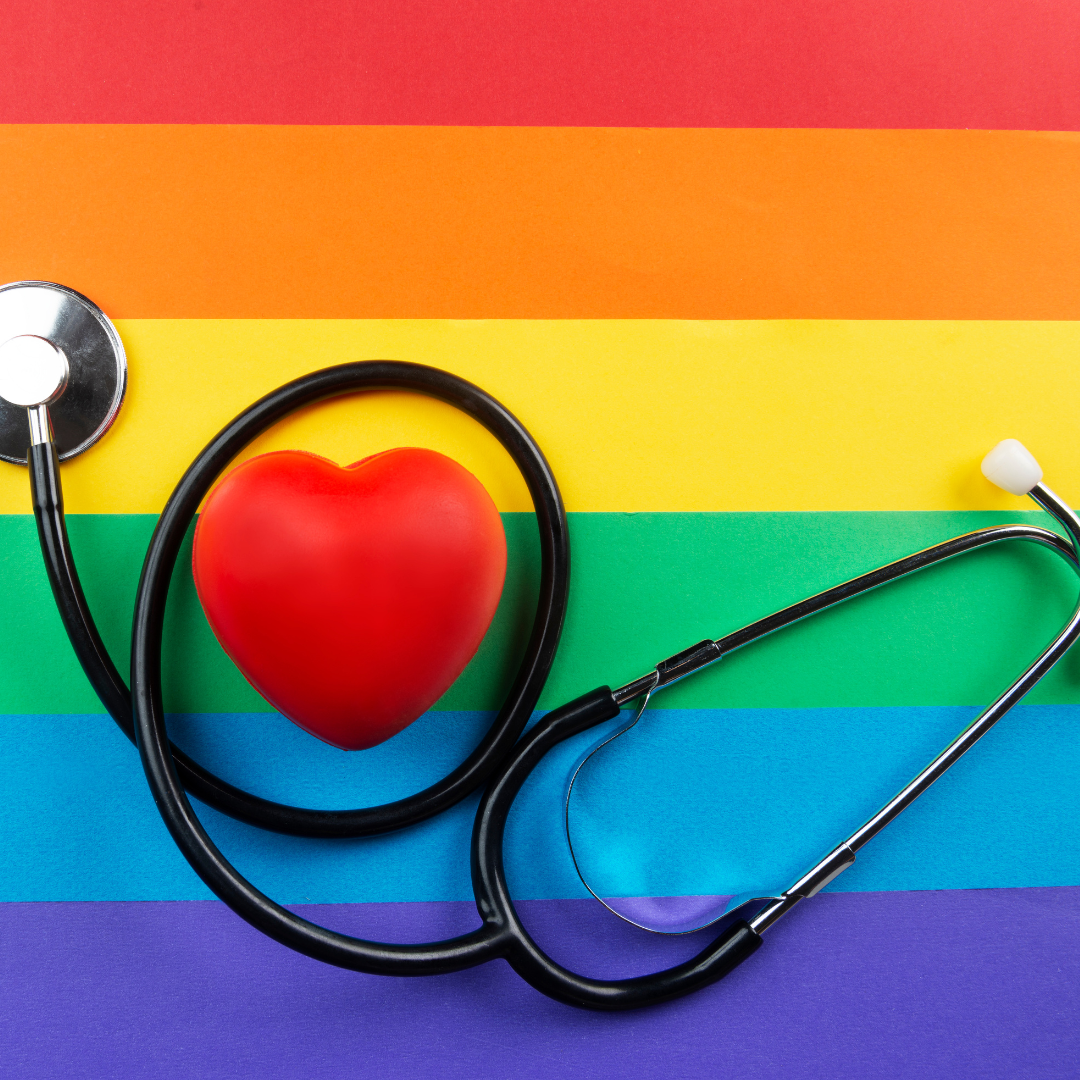Essential LGBT+ Inclusive Sex Education
June is Lesbian, Gay, Bisexual, and Transgender (LGBT+) Pride Month, held in memory of the 1969 Stonewall riots and LGBT+ activists who fought (and continue to fight for) justice. June is also a time to reflect on the needs, voices, and achievements of the LGBT+ community.
Hi, I'm Sadia, a women's health nurse practitioner here to answer your pressing questions on LGBT+ sexual health disparities and concerns within the LGBT+ community. In honor of Pride Month, I will be defining and explaining common terms in the LGBT+ community, going over LGBT+ sexual health and other top health concerns, and providing resources so you can stay safe and healthy.
And also, enjoy your sex life to your fullest potential!
If you're eager to learn all things about LGBT+ sexual health, this blog post is for you!
Let's Start with LGBTQIA Definitions
Above, I wrote LGBT+. Let's break this down, so you know what each letter means!
L – Lesbian
A woman attracted to another woman
G – Gay
A man attracted to another man
B – Bisexual
A person attracted to men and women
T – Trans/Gender Diverse
Someone whose gender identity or expression does not align with their sex assigned at birth
Let's also add in some other identities!
Q – Queer
Someone who is not heterosexual
I – Intersex
People are born with several sex characteristics, including chromosome patterns, gonads, or genitals that, according to the Office of the United Nations High Commissioner for Human Rights, "do not fit typical binary notions of male or female bodies."
A – Asexual
Someone who does not experience sexual attraction
These are just a handful of terms used to define people who are not heterosexual (people having a sexual attraction to people of the opposite sex). There are also several slurs to describe people in the LGBT+ community, and there are some LGBT+ people who use slurs to reclaim their identities. Everyone is different, so it is important not to generalize any group of people!
Now, let's talk about why terms and definitions are essential. Most people are raised in societies where they are taught that men should only be with women, women only with men, and anything outside of this is unacceptable. Oh, and that sex outside of marriage is immoral! And that sex is only penis in vagina, nothing else, no sex toys or lube or anything like that. Mass acceptance of heterosexuality and stigmatization of non-heterosexuality are both the results of social normative constructs. And society, especially America, is heavily influenced by colonialism, slavery, genocide, and many more historical horrors.
In many parts of the world, pre-colonization, non-heterosexual couples were common and a norm. Trans and gender-diverse people have existed for centuries and were often revered and worshipped in several cultures. Fast forward to 2022, and many countries now have legislation where it is legal to terminate employment, deny health care, deny housing, and more to LGBT+ people.
The reality is that LGBT+ isn't a new concept. People have lived in the shadows or secret as part of the LGBT+ community for years in our post-colonial society. Yet there is still so much stigma, shame, and silence around anyone and anything non-heteronormative.
As a result, anything or anyone who is non-heteronormative, which means anything that deviates from heterosexuality, is seen as a threat to social order and a threat to social conformity. Please ask yourself why that is, especially when discussing LGBT+ sexual health needs. LGBT+ health is definitely still very taboo in many places, even in many health care settings, let alone LGBT+ sexual health concerns.
Top Health Issues in the LGBT+ Community
While LGBT+ sexual health is a pressing health concern, other top health issues in the LGBT+ community include mental health and violence prevention.
First, mental health includes a person's social, psychological, and emotional well-being. Some common mental health conditions are generalized anxiety disorder and major depression. Unfortunately, mental health is stigmatized and often disregarded as a "real health problem" since it is not always physically seen.
The LGBT+ community faces higher rates of major depression, bipolar disorder, and anxiety compared to heterosexual people. This is not because LGBT+ people are born more likely to experience mental health conditions or with any genetic predisposition to mental health concerns. Social stigma, discrimination, lack of access to health care services, racism, and so much more intertwine and affect LGBT+ people's mental health. In addition, LGBT+ people, including LGBT+ youth, are more likely to contemplate and attempt suicide than heterosexual people. Given the nature of mental health concerns in the LGBT+ community, making mental health more destigmatized and working on addressing structural barriers to care is essential for LGBT+ mental health.
If you or anyone you know needs someone to talk to, please contact the National Suicide Prevention Lifeline at 1-800-273-8255 (https://suicidepreventionlifeline.org/) or The Trevor Project at 1-866-488-7386 (https://www.thetrevorproject.org/get-help/).
Second, violence prevention is another top health issue in the LGBT+ community since violence toward LGBT+ people is extremely high. Despite several advancements and public successes for LGBT+ people in the last few decades, hate crimes, bullying, and community violence remain a constant threat to LGBT+ people. LGBT+ people of color, in particular, report higher levels of hate crimes and violence than white LGBT+ people. LGBT+ youth report high rates of bullying, working LGBT adults report job and medical care discrimination, and LGBT+ people nationwide report housing discrimination.
These issues definitely intersect with one's sexual health and wellness since it can be difficult to enjoy sex when there is so much stigma and shame around LGBT+ people and LGBT+ sex.
Diving into LGBT+ Sexual Health
Now that I discussed mental health and violence prevention health concerns in the LGBT+ community, let's talk about LGBT+ sexual health. LGBT+ sexual health, like LGBT+ mental health and violence prevention, is stigmatized because sex is stigmatized. LGBT+ people are stigmatized. LGBT+ sex is often considered taboo, unnatural, and so many other terms that are so hateful.
Whether oral sex, anal sex, sex toys, physical touch, or something else, LGBT+ people continue to have sex and explore their sexuality in so many amazing ways. While sexual exploration is amazing, some LGBT+ sexual health disparities must be addressed.
HIV remains a persistent concern among gay men, especially among gay Black men, with new HIV cases among gay men increasing steadily over the past five years. Lesbian women are also less likely to receive PAP smears than heterosexual women. Pap smears are the gold standard for detecting cases of HPV, and many times, lesbian women are not screened or offered PAP testing, which causes disparities in HPV cases among lesbian women compared to heterosexual women.
While there are LGBT+ sexual health disparities, there are ways to address them with your partners and health care provider.
Lowering STI Transmissions in the LGBT+ Community
I know I just told you a bunch of severe things about LGBT+ health and LGBT+ sexual health. This doesn't mean you can never enjoy sex again or dread reading about LGBT+ sexual health. This is an opportunity to be empowered and learn how to protect yourself and your partners better while experiencing pleasure! Here are some tips to have safer sex and promote LGBT+ sexual health and wellness!
1. When engaging in oral sex, use a condom or dental dam.
a. Talk with your partner about flavors for condoms and dental dams to make things more sexy and fun!
b. If you're in a jam, you can use saran wrap or cut gloves to make a make-shift barrier for oral sex on a vulva.
2. Regularly clean and disinfect your sex toys
3. Regularly brush your teeth, including your gums and tongue, and floss.
4. Get regular STI testing, regardless of whether or not you have symptoms if you're having sex.
5. Ask your partners about the last time they were tested for STIs.
6. Get the HPV vaccine! The HPV vaccine can protect against the transmission of certain types of HPV strains.
7. Get the Hepatitis A and B vaccines! The hepatitis vaccines can protect against Hepatitis A and B and offer lifelong immunity.
8. Discuss PrEP with your health care provider. PrEP is one pill a day medication that can prevent HIV transmission.
For more information on LGBT+ Health, I recommend:
Fenway Health, a global leader in LGBT health and education
The Trevor Project is a global leader in LGBT youth mental health and provides direct care services
CDC's LGBT Health, a federal organization with resources and statistics on LGBT health topics
The National Coalition for LGBTQ Health, a non-profit that focuses on advocacy and education for LGBTQ health
If you are concerned about LGBT+ sexual health or other health concerns, I recommend reaching out to your health care provider for more information.
Remember to share this post with a friend in honor of Pride Month!
References:
June is Pride Month, and a significant part of Lala's Bedtime Tales mission is to provide a safe space and judgment-free zone to educate yourself on sexual health & wellness. The Sexual Health & Wellness corner will have monthly articles dedicated to continuous education on living a positive and sexually healthy lifestyle. Subscribe to Lala's Bedtime Tales Newsletter and follow @LalasBedtimeTales on social media to never miss any sexual education to help you live the healthiest life possible. Also, check out the Lala's Bedtime Tales Podcast and Lala's Oh So Exclusive Patreon account for even more content! If you’re browsing for sexy pleasure products or cute giftable items, then check out Lala’s Pleasure Shop.
Lala's Bedtime Tales Disclaimer
The content displayed on this website is the intellectual property of LaLa's Bedtime Tales "The Creator". Without our written consent, you may not reuse, republish, or reprint such content. The subject matter on LaLa's Bedtime Tales is provided by licensed medical providers and from reputable sources but is meant for educational and informative purposes only. It is not meant to be used for self-diagnosing or self-treatment any health-related conditions. While the information has been peer-reviewed by a licensed healthcare provider for accuracy, we cannot guarantee any inaccuracies as healthcare is rapidly evolving, and this information should not be used to substitute professional medical advice in person. The Creator is not responsible or liable for any damages, loss, injury, or any negative outcomes suffered as a result of personal reliance on the information contained on this website. The Creator also makes no guaranteed positive outcomes. Information is also subject to change as needed without notice, and "The Creator" reserves the right to do so.
Please consult your healthcare provider before making any healthcare decisions and ask for guidance for specific health conditions. Please do not disregard the advice of your healthcare provider or delay seeking care for health care conditions.





